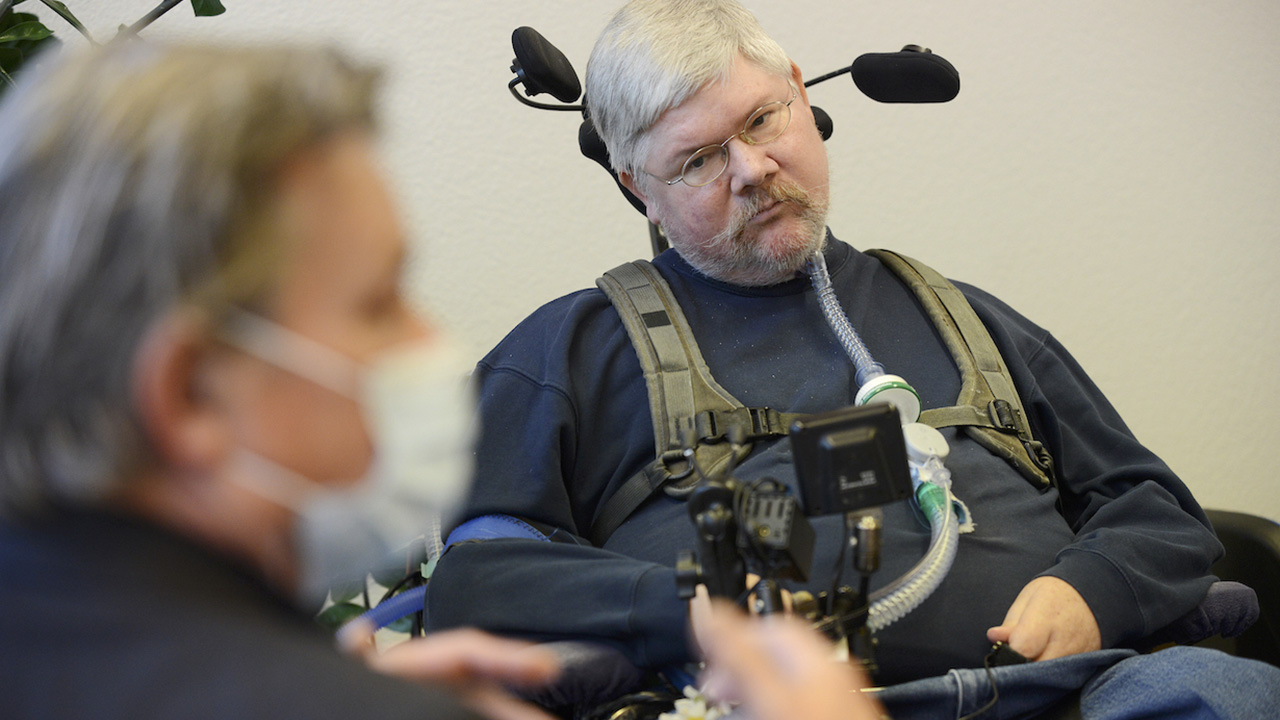Requirements of the testator
In order for a testamentary disposition to be valid, the testator must respect certain criteria. He or she must have reached the age of 18 and be free from undue influence at the time of drafting up the will. He or she must be aware of his or her actions and their effects. If these requirements are not met, the will is void and does not take effect.
It is different if wills are made under the influence of malicious deception, threats or coercion. Such a will is invalid and can be contested. However, if the testator does not revoke this will within one year of becoming aware of or ceasing to be under the influence of said malicious deception, threats or coercion, it nevertheless acquires legal validity.
Various testamentary dispositions
The law provides for various options for drawing up a testamentary disposition. The most important and safest one is the will by public deed.
It is made in the presence of two witnesses by an official determined by cantonal law. The testator expresses his or her wishes, which are then recorded in the will. All parties involved confirm with their signature that these are the testator’s actual wishes and that he or she was capable of judgement. The testator then receives a copy of the will, while the original is kept safe until his or her death in accordance with cantonal law. This ensures a high degree of legitimacy and makes it harder to challenge the deed.
The second most important one is the holographic will. Here, the testator writes down his or her wishes himself or herself. The entire document must be handwritten by the testator, include an indication of the day, month and year on which it is drawn up, and be signed by the testator. Since the testator can do all this independently, it is easier for the testamentary capacity of the testator to be doubted. The DeinAdieu will generator offers templates for holographic wills.
Finally, there is the emergency will, which is only used in exceptional cases.
Content of a will
A testamentary disposition typically states what is to happen to a person’s property after his or her death. However, the testator is not completely free to dispose of his or her estate. The law determines heirs, such as the spouse or descendants, and provides them with a statutory entitlement (cf. Statutory entitlement in law of succession). Furthermore, a person can also state wishes about his or her funeral in a will, but these remain merely wishes and are not legally binding.
Revoking a will
The testator may revoke his or her will at any time in the same form used to draw it up. Furthermore, the testator may revoke his or her will by destroying the deed. This applies especially to a holographic will.
Will: Would you like to bequeath a ZEWO-certified non-profit organisation?
DeinAdieu recommends the following partner organisations:
• Swiss Rheumatism League: www.rheumaliga.ch
• ADES Solaire: www.adesolaire.org
• Tanne Switzerland. Foundation for Congenital Deafblindness: www.tanne.ch
• Centre Ecologique Albert Schweitzer: www.ceas.ch
• EcoSolidar: www.ecosolidar.ch
• Helvetas: www.helvetas.org
• Pro Senectute Canton Zurich: www.pszh.ch
• Terres des hommes Switzerland: www.terredeshommesschweiz.ch
• SWISSAID: www.swissaid.ch
What does ZEWO-certified mean?
ZEWO is the Swiss monitoring agency for charitable fundraising for Swiss NPOs. ZEWO ensures clarity and honesty and promotes society’s trust in charitable activities. It works to ensure that donations are used effectively for their intended purpose. Charities monitored against ZEWO’s standards and which meet them are awarded the ZEWO seal.
Try the free will generator
More legal blogs:
18 January 2017: Contract of succession
24 January 2017: Statutory entitlement in law of succession
3 March 2017: Child and adult protection authority



